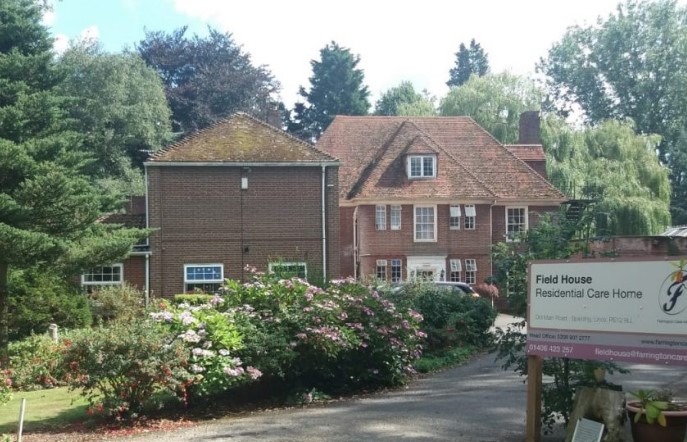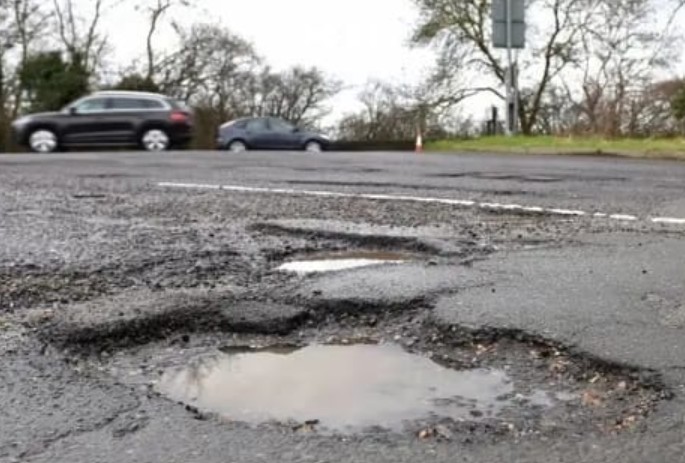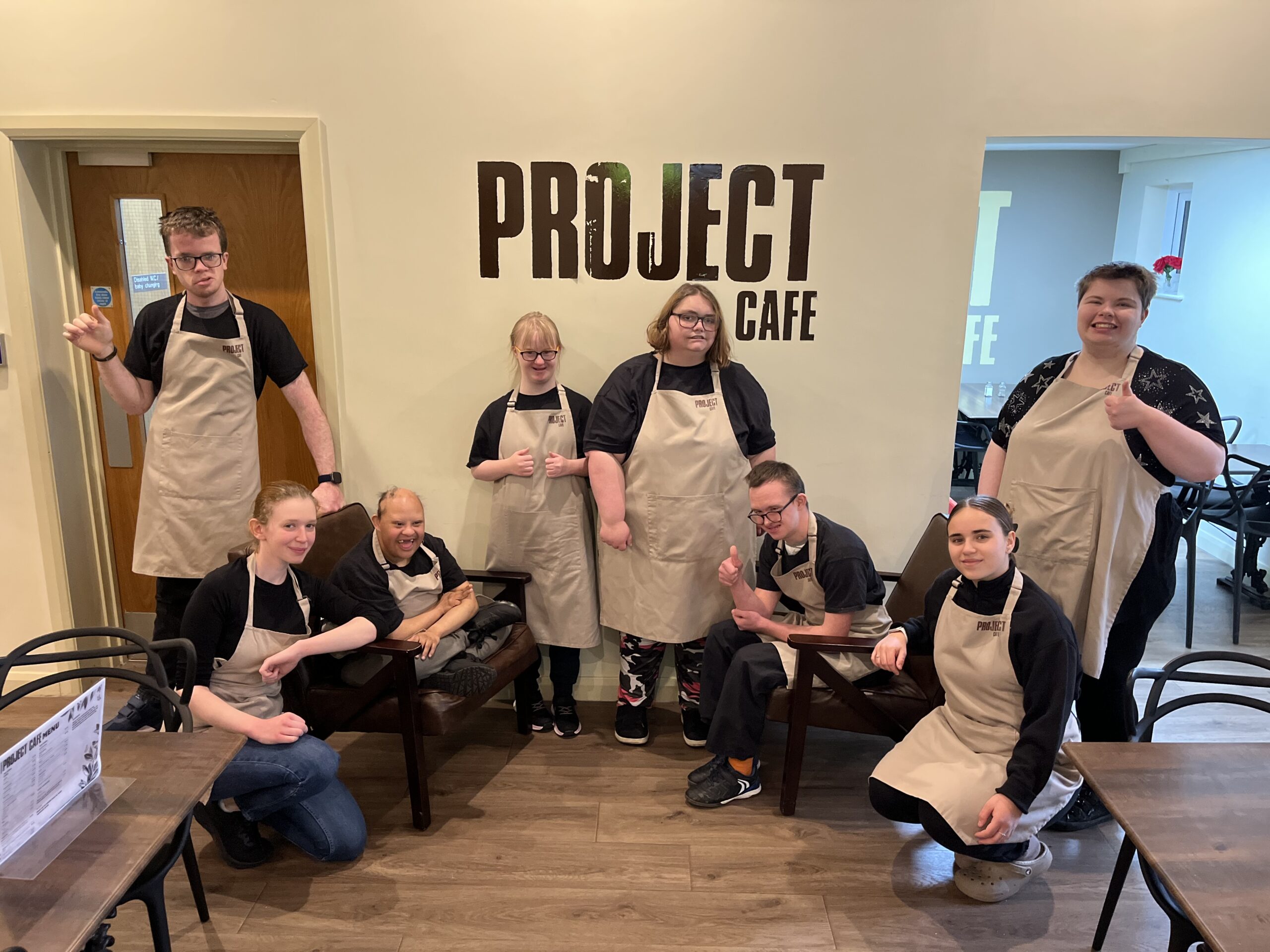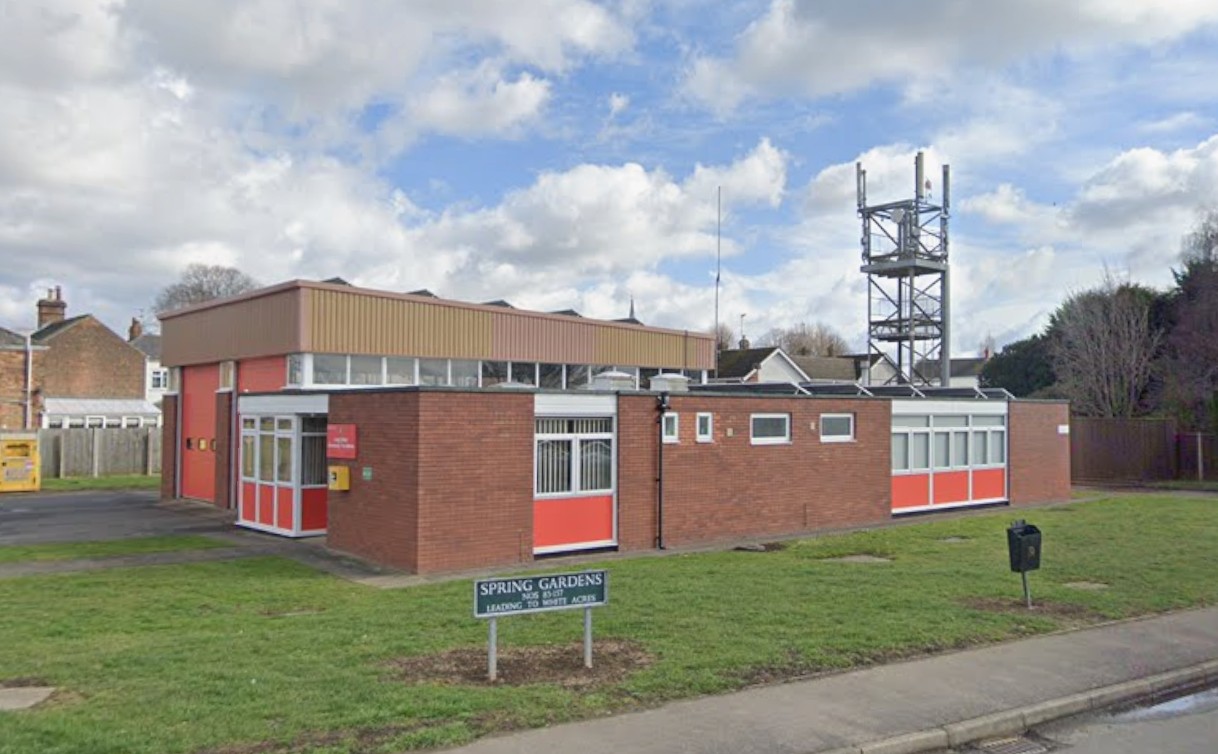Inspectors of an adult care home have put it in special measures after highlighting a raft of failings – including residents not being protected from abuse.
Alleged incidents of physical and sexual abuse at Field House, Fleet Hargate, had not been reported to the safeguarding team by staff or the manager.
“These incidents were consequently not investigated at the time,” said a report by the Care Quality Commission (CQC).
The owners of the home have apologised and the manager left immediately after the inspection was carried out.
“I would like to apologise for any shortfalls on our behalf,” said director Kiran Nathwani, director of the Farrington Group which owns the home.
Inspectors from the CQC also found medicines were not safely managed with several residents being prescribed ‘when needed’ sedatives without any documented reasons.
“The provider failed to follow up safeguarding concerns raised by staff,” the report says, with no systems in place to protect people from abuse, breaching legislation.
Medicine-trained staff were not on site at night so residents had no access to medicines if they were needed.
“We saw daily care notes which described one person had been in pain during the early morning, but they were not able to access pain relief until the registered manager arrived hours later,” the report says.
Deteriorating health was not always monitored safely with risks to health and safety not managed effectively.
“We have a robust action plan in place and have put in a new management team to ensure improvements are made where required to mitigate risks and safeguard our residents and staff.
“We are working very closely with all the authorities that are inspecting the home,” added Mr Nathwani.
Among a raft of failings, the CQC inspection team said there was insufficient numbers of trained and experienced staff to keep people safe.
“The provider had not ensured there were sufficient numbers of staff deployed to meet people’s needs.”
Staff at the home did not have up to date training and one had no evidence of completing any training since joining six months earlier.
“Staff had not received updates to their training in areas such as safeguarding and moving and handling.
In some cases no refresher training in these areas had taken place for almost three years.”
Nutritional needs were also highlighted as failing with one person previously at risk of malnutrition had refused to be weighed since August 2020, and no other method of monitoring weight had been used.
“Food and fluid charts were in place for some people, but these were not always completed correctly. This put people at risk of becoming dehydrated,” inspectors found.
Concerns about potentially unlawfully depriving people of their liberty were also raised.
“There were several people who presented as lacking mental capacity being deprived of their liberty, but the appropriate Deprivation of Liberty Safeguards authorisations had not been sought.”
The residential care home (pictured) offers non-nursing care for up to 28 people.
The unannounced inspections, in May, were prompted due to concerns about health and concerns raised by the safeguarding team at the local authority.
“We will work alongside the provider and local authority to monitor progress.
“We will keep the service under review and, if we do not propose to cancel the provider’s registration, we will re-inspect within six months to check for significant improvements,” the report says.
Relatives gave mixed opinions on staffing levels at the home.
Some said they were concerned that new staff members were not being trained. But they added that the staff supported people to have choice in their care.
There was mixed feedback on communication, with some saying they weren’t told visiting was resuming after a period of restrictions.
But there was little evidence of views being sought from people, staff or their relatives on the running of the service.
“The service did not have a person-centred culture and terms used within the service were degrading.
“Staff and the registered manager used terms such as ‘lazy’ and ‘terrorising’ when describing behaviour of people at the service.”







